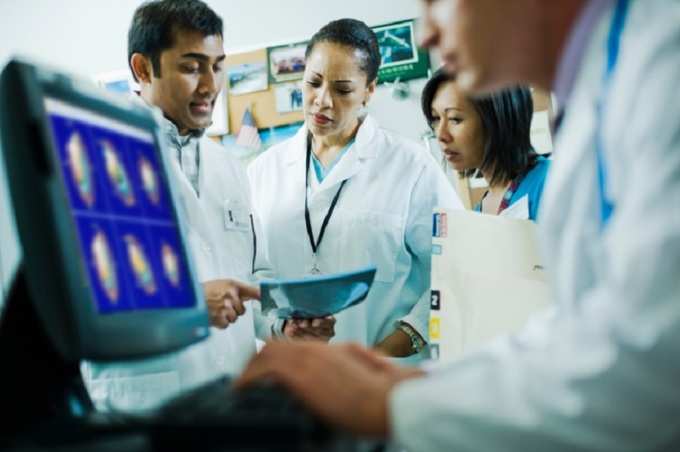
Imagine a scenario where important details about a patient are known to the hospital authorities and doctors every time he/she checks in? Details such as allergies,
In the next decade, increasing consumer awareness and demand for better facilities will also redefine healthcare—the country’s second largest service-sector employer. In revolutionizing the healthcare system and propelling its next phase of growth,
· BYOD prevalence: The BYOD (Bring Your Own Device) has become a mainstream trend even in the healthcare space. With the growing number of personal devices entering hospitals and medical practices, it is extremely important to address the IT infrastructure, as well as evaluate the compliance issues. It is imperative that BYOD demands should not overshadow the importance of having proven and tested security.
· Big data: With the use of digital platforms and connected devices, healthcare organisations are privy to a goldmine of data. In healthcare sector, the swift transfer of information is critical—as a few seconds can make a world of difference. With the aid of new technologies, stored data is now accessible and usable. Big data is being analysed to gain valuable insights into ways to become more cost effective, and accelerate patient care. Healthcare organisations need to put robust data sourcing and management technologies in place to integrate data from all relevant sources for real-time, efficient access to a patient’s diagnosis and treatment cycle. In such a scenario, patients will also be able to access their information from almost any device at any location.
· Focus on data security: With the rising adoption of BYOD, personal devices now have access to highly confidential and critical patient records and information. Organisations need to identify mobile device risk management strategy, including privacy and security safeguards. It is important for healthcare organisations to conduct mobile device privacy and security awareness and provide required training for employees.
· Rise of mobile apps: Medical professionals are increasingly relying on their mobile devices for efficient and productive work life. There is a growing need to provide access to electronic health records and other shared platforms for quick decision making among patients and clinicians. Mobile apps can provide medical practitioners with real-time access to information. Patients can also use apps to monitor many aspects of their health, like counting calories, and measuring heart rate, to more complex regimens like managing chronic disease. Innovative mobile apps will continue to be developed to improve the patient experience and will play a vital role in healthcare in the future.
· Telemedicine for cost effective healthcare: The increasing dependence on digital platforms is enabling location-independent healthcare. There is a dire need to bridge the massive urban rural gap that exists in India, out of which a sizeable chunk of rural population is deprived of the basic healthcare facilities. Shortage of healthcare professionals in rural areas is the reason that the telemedicine trend is being propagated by government and healthcare companies. Video interaction through instant messaging apps on mobile devices empowers patients from remote areas to connect with medical staff over the Internet with ease. Virtual care and self-monitoring devices are gaining popularity in the telemedicine space.
The article is written by Annie Mathew, Director, Alliances and Business Development, BlackBerry India
Image: thinkstock
